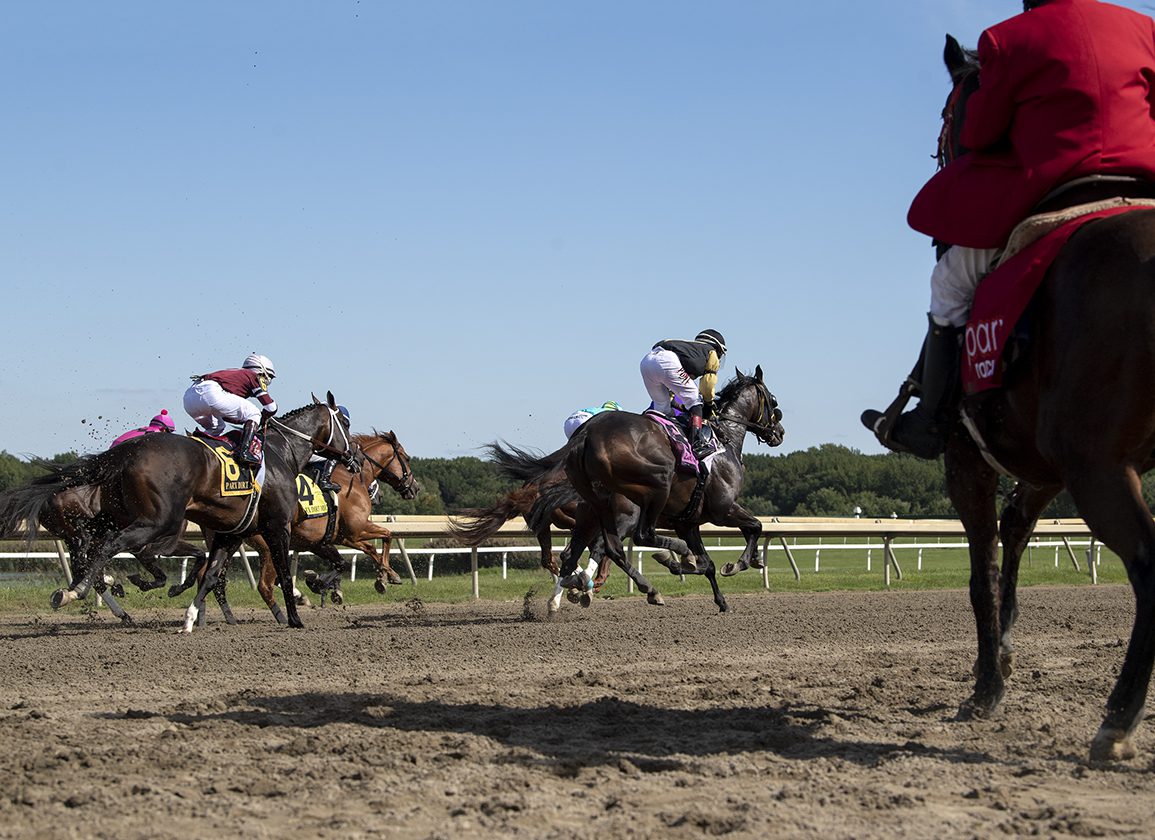Horseracing Integrity and Safety Authority (HISA) Chief Executive Officer Lisa Lazarus and Horseracing Integrity & Welfare Unit (HIWU) Executive Director Ben Mosier released a statement late Tuesday to address the rights of Thoroughbred owners under HISA's Anti-Doping and Medication Control (ADMC) Program. The statement appears below in its entirety:
“In response to recently published misinformation regarding owners' rights under the HISA Anti-Doping and Medication Control (ADMC) Program, HISA and HIWU are compelled to again set the facts straight and reiterate our commitment to due process under HISA regulations.
“Following an initial positive lab result for a Banned Substance, under the ADMC rules, the owner of a horse has the exact same rights to be heard and to present evidence as the trainer. Like the trainer, the owner can request the B sample be tested (even if the trainer doesn't make this request); this has already occurred several times under the ADMC Program. The owner is also entitled to a Provisional Hearing to request the lifting of the horse's suspension and is entitled to participate in the hearing to argue on behalf of the horse and present evidence and make arguments.
“The clearly defined penalties for Banned Substances are meant to protect the health and safety of horses as well as the integrity of the competition. The only Banned Substance that can trigger a lifetime ban for the horse is bisphosphonates. HIWU has communicated extensively about the use of and sanctions for bisphosphonates, which are only applicable to horses that were administered bisphosphonates after May 22, 2023, when the ADMC rules went into effect.
“Multiple owners advocated during the ADMC rulemaking process for the lifetime ban for bisphosphonates because of the substance's ability to affect bone metabolism and thus increase the risk of fracture for months to years after administration. Many stables across the country pre-tested their horses ahead of May 22 to ensure compliance, and HIWU has yet to receive any positive tests for the substance.
“Prior to a horse receiving a lifetime ban for bisphosphonates, a Covered Person connected to the horse (a trainer or an owner) has the ability to request the B sample be tested, receive a Provisional Hearing, and proceed through the ADMC adjudication process. This includes an investigation to assess when the administration occurred. If there is evidence that the administration occurred prior to the implementation of the ADMC Program, no violation will be pursued.
“For many Banned Substance cases, the affected horse is suspended for two months from the date that the owner and trainer are notified of the positive test. Some substances like anabolic steroids come with longer suspensions because the substances continue to have an effect on the horse for a longer period and may cause an unlevel playing field for competing horses and trainers.
“During their suspension, horses can still jog, gallop, and exercise at a Covered Racetrack. They are only prevented from racing or completing timed workouts. With regard to concerns of environmental contamination, racetracks are responsible for providing clean bedding in their stalls, as are trainers at their barns.
“HISA's ADMC rules were developed by the HISA ADMC Committee through extensive consultation of multiple established sources, including the FDA, World Anti-Doping Code, and international racing authorities such as the British Horseracing Authority and Racing Victoria. The ADMC Committee also directly consulted Board Certified veterinary specialists–including surgeons, internists, and ophthalmologists–as well as racetrack veterinarians. Further, there were multiple public comment periods, and HISA received significant feedback from horsemen's groups and other industry organizations.
“The implementation of the first-ever nationwide, uniform anti-doping program has been a monumental effort and a game-changing moment in the history of U.S. Thoroughbred racing. This has been an industry-wide effort, with buy-in and cooperation from countless racing participants and veterinary and scientific experts. HISA and HIWU are grateful for the widespread compliance we have seen across the board and for the constructive feedback we continue to receive from horsemen about concerns they have and how we can potentially adjust our rules and processes to ensure our regulations are both feasible and equitable.
“While we are regulators, we are passionate about racing and seek to work in partnership with the industry to advance the vitally important goal of strengthening equine health and safety, which is essential to the future prosperity of the sport. We encourage all who share in this goal to work with us moving forward.”
Not a subscriber? Click here to sign up for the daily PDF or alerts.






